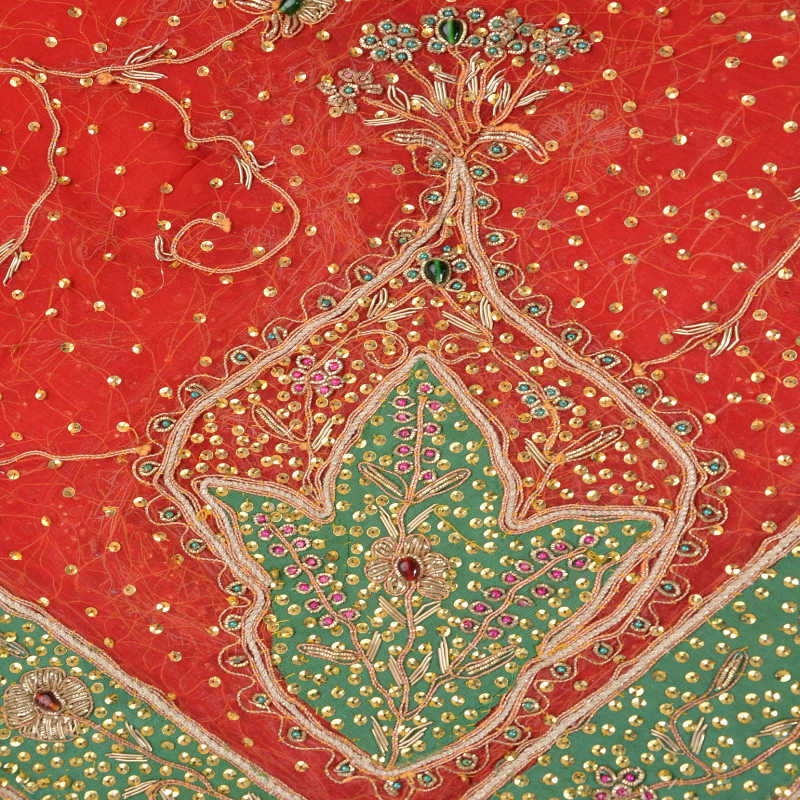===
0602,
11
===

=== |
 |
sarsarī : 'Easy, facile, careless, without attention or consideration, without due consideration; summary; cursory; hasty, hurried; trivial, trifling; —easily; cursorily; hastily, in haste; gratuitously, for nothing'. (Platts p.654)
bang : 'Hemp, Cannabis satica; an intoxicating potion made from the leaves of hemp (= bhā ñg )'. (Platts p.171)
FWP:
SETS == POETRY
MOTIFS
NAMES
TERMS == 'DELICACY OF THOUGHT'; VERSE-SETWhat an enjoyable verse, and what a clever way to express the poet's resentment at not being taken seriously! Such superficial listeners (who surely include some of the poet's patrons) pay only enough attention to demonstrate in public their credentials as cultured literary connoisseurs; after perfunctory attention and a conventional show of approval, they are more than ready to move on to the next diversion. It's all too easy to envision the scene.
Anyone with a special, much-cherished area of expertise has surely felt the same vexation-- it's truly annoying to be praised by someone who manifestly doesn't know your work and doesn't give a damn about it. Such a public show of praise is really an assertion of superiority: the speaker is setting himself up as a judge and a patron, and presuming to give you the (quite worthless) imprimatur of his approval. I speak with feeling, because as a scholar in an 'exotic' field I have often received the same treatment. Once a group told me that they wanted to give me a plaque for my services to Urdu-- so could I please tell them what these services were?
SRF has given it as his view that this verse is not part of a two-verse verse-set starting with {602,10}. But in the Mahfuz revisions of Abbasi, which he himself has supervised, this verse-set marker is retained. So let's take a look at {602,10}, which is not included in SSA:
fikr ko nāzuk-ḳhayāloñ ke kahāñ pahuñche haiñ yār
varnah har miṣraʿ yahāñ maʿshūq-e shoḳh-o-shang hai[how/'where' have the friends arrived at the thinking of those of 'delicacy of thought'
otherwise, every line here is a mischievous and elegant beloved]In this verse Mir certainly seems to boast of being among the poets known for hyper-refined, subtle, esoteric verses; he also laments that (even?) his friends fail to understand his achievement. So even if these two verses don't technically form a verse-set (and it's hard in any case to formulate exact criteria for this relationship), they certainly go together well. With its disdain for those who are quick to write off difficult verses as merely extravagant drug-induced fantasies, {602,10} in fact forms an excellent prelude to the present verse.
Note for meter fans: The spelling vāh vā instead of vāh vāh is a variant form, used here of course for the sake of the meter. But the slightly shortened form also amusingly suggests how ready the listeners were to move on.